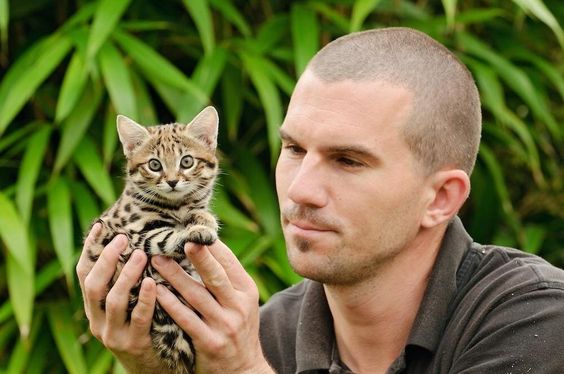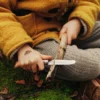Introduction The Rusty Spotted Cat (Prionailurus rubiginosus) is one of the global’s smallest wild cat species, local to the Indian subcontinent. Due to their lovely appearance and rarity, they have received some recognition inside the distinguished pet exchange. However, this trade increases sizable ethical issues approximately the welfare of these mind-blowing creatures and the impact
Introduction
The Rusty Spotted Cat (Prionailurus rubiginosus) is one of the global’s smallest wild cat species, local to the Indian subcontinent. Due to their lovely appearance and rarity, they have received some recognition inside the distinguished pet exchange. However, this trade increases sizable ethical issues approximately the welfare of these mind-blowing creatures and the impact it has on their wild populations. In this text, we are able to explore the consequences of promoting rusty noticed cats and why it is important to prioritize their conservation in their natural habitat.
The Appeal of Rusty Spotted Cats as Pets
The rusty noticed cat’s petite size, placing coat sample, and massive, expressive eyes make it captivating to animal fanatics. Their small stature, achieving simplest approximately 14-19 inches in period and weighing round 2-3.5 pounds, provides to their appeal, making them appear to be dwelling filled toys. However, their sensitive length also increases issues about their suitability as pets, as they’ve precise dietary and environmental requirements that can be hard to meet in captivity.
The Ethical Dilemma of the Exotic Pet Trade
While some people might be tempted to keep rusty noticed cats as pets, the distinct pet change poses several moral dilemmas that can not be overlooked. Here are some important worries:
Impact on Wild Populations: The seize of rusty noticed cats from the wild for the pet change will have devastating effects for their populations. Given their already restrained variety and habitat loss, doing away with individuals from the wild can placed additional strain on their survival.
Stress and Well-being: Rusty spotted cats have advanced to thrive in specific environments and show off herbal behaviors. Captivity can cause strain, behavioral problems, and basic faded properly-being, as they may be denied the liberty to roam and explicit their herbal instincts.
Legal and Conservation Concerns: In many countries, it’s far illegal to hold rusty noticed cats as pets because of their endangered or included reputation. Engaging in the wonderful puppy exchange could contribute to a decline of their numbers and avoid conservation efforts.
Zoonotic Diseases: Exotic animals can transmit sicknesses to people, and vice versa. Keeping wild animals as pets will increase the danger of zoonotic ailment transmission, which could have extreme health results.
Conservation and Responsible Alternatives
Instead of supporting the distinguished puppy exchange, we have to awareness on keeping the rusty spotted cat’s natural habitat and promoting responsible conservation efforts. Several projects may be undertaken to guard this species:
Protected Reserves: Establishing and maintaining covered reserves and national parks where rusty spotted cats can stay with out human interference is important to their survival.
Community Involvement: Involving nearby groups in conservation efforts can result in better protection of these cats and their habitats, as they recognize the importance of preserving their natural heritage.
Education and Awareness: Raising consciousness approximately the plight of the rusty noticed cat can inspire human beings to assist conservation corporations and discourage the call for for them as pets.
Wildlife Rehabilitation Centers: In instances in which rusty noticed cats are rescued from unlawful pet change operations or injured in the wild, they may be rehabilitated and ultimately launched again into their natural habitats.
Conclusion
The rusty noticed cat is an awe-inspiring and uncommon creature that merits our utmost admire and safety. Instead of perpetuating the unethical wonderful puppy exchange, we need to channel our efforts into safeguarding their herbal environment and assisting conservation tasks. By doing so, we are able to ensure that future generations could have the possibility to recognize those remarkable creatures inside the wild in which they genuinely belong.


















